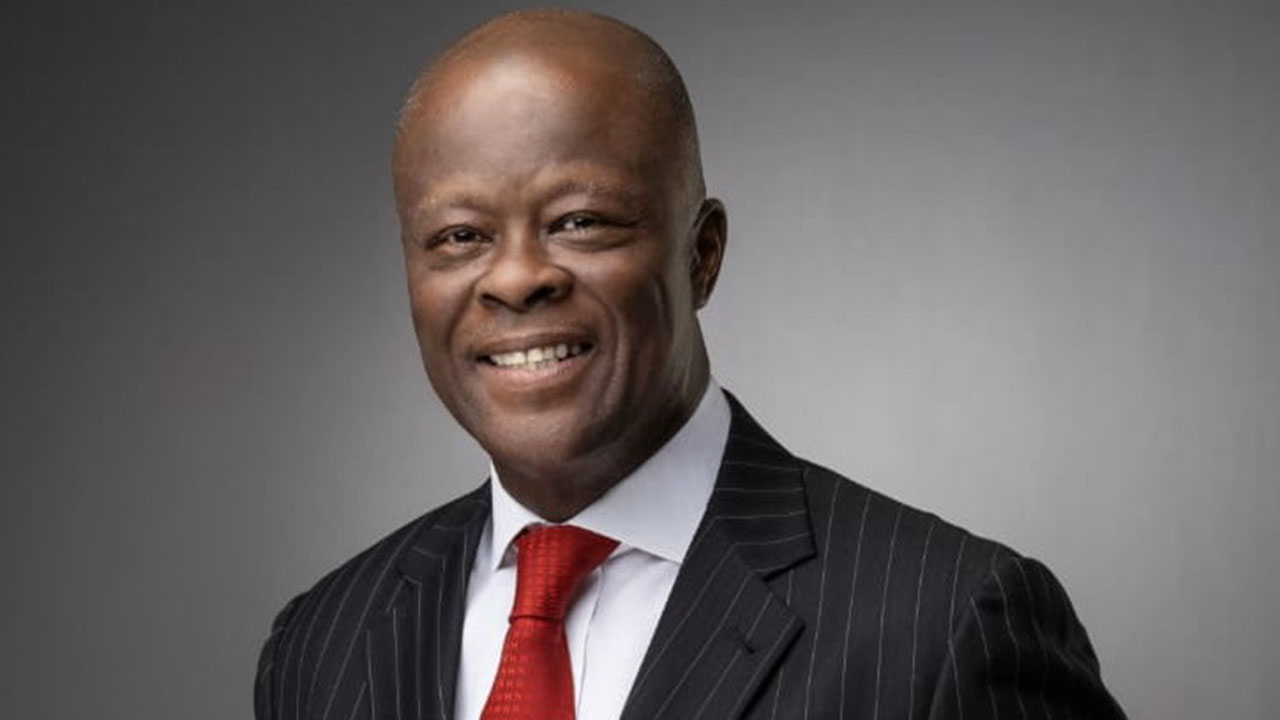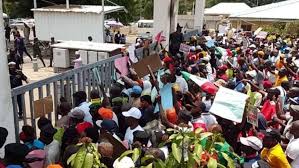
FG seeks $1.5bn loans to shore up naira, boost budget
To address the acute shortage of dollars that is causing the value of the naira to decline, Nigeria is requesting $1.5 billion in aid from the World Bank.
Finance Minister Wale Edun told Bloomberg on Wednesday, "We're hoping to get $1 billion or $1.5 billion from the World Bank" for budgetary support.
The minister stated that the country should receive support because of the ongoing economic reforms and that the largest economy in Africa might possibly issue a Eurobond in late 2024.
Nigeria can traverse its financial landscape through Eurobonds, which are denominated in foreign currencies, even in the face of difficult economic circumstances.
"It is a topic of discussion at the moment, but we think we will get the support because we are continuing with our reforms," the minister stated.
In the past, Nigeria has issued Eurobonds to increase debt for infrastructure and economic growth.
According to the Debt Management Office, Nigeria made its eighth foray into the global debt markets in 2022 when it issued $1.25 billion in Eurobonds.
Then, as part of a $1 billion dual-tranche, the nation redeemed a $500 million Eurobond issued in July 2013 in the following year. The bond was held for ten years at a coupon rate of 6.375 percent annually.
The minister stated that the $1.5 billion World Bank loan would have no interest during a press conference held in October 2023 at the World Bank/International Monetary Fund Annual Meeting in Marrakech, Morocco.
Nigeria is currently grappling with a debt of approximately N87 trillion, which the International Monetary Fund declared to be “manageable,” despite the fact that the interest rate was high for the nation.
Declaring that the facility would be given to Nigeria very soon, the minister said that the new World Bank loan would be used to finance development.
He stated: "That is accurate regarding the discussions with the World Bank regarding the $1.5 billion budget support. The World Bank is the top multilateral development bank when it comes to funding and assisting developing nations, projects, programmes, and industries.
The International Development Association provides free funding for it. As we believe we currently meet the requirements to borrow from both the regular window of World Bank funding and some concessionary IDA funding, which is intended for poorer nations, the interest rate will effectively be zero.
A significant worry for investors is Nigeria's nearly $7 billion in matured foreign exchange forwards, but the Central Bank of Nigeria has pledged to settle the balance in order to restore trust in the foreign exchange market.
However, in order to clear up a backlog of unpaid foreign exchange forwards, the apex bank recently paid out $2 billion, demonstrating its dedication to improving market stability and liquidity.
Nigeria is struggling with a budget deficit as a result of rising fuel subsidy costs, onerous debt servicing, and constrained public spending in the face of growing economic difficulties.
The budget for the 2024 fiscal year is a massive N28.7 trillion, with a N9.18 trillion deficit—or 3.88 percent of the country's GDP—along with it.
President Bola Tinubu emphasised that the current deficit, which amounts to 6.11 percent of GDP, is less than the N13.78 trillion recorded in 2023.
Due to robust demand on the black market, the naira dropped to a record low of N1,320 per dollar on Wednesday.
According to data from NAFEM, the place where forex is officially traded, the local currency fell by 4.72% to close at N878.57 to a dollar at the close of business.





